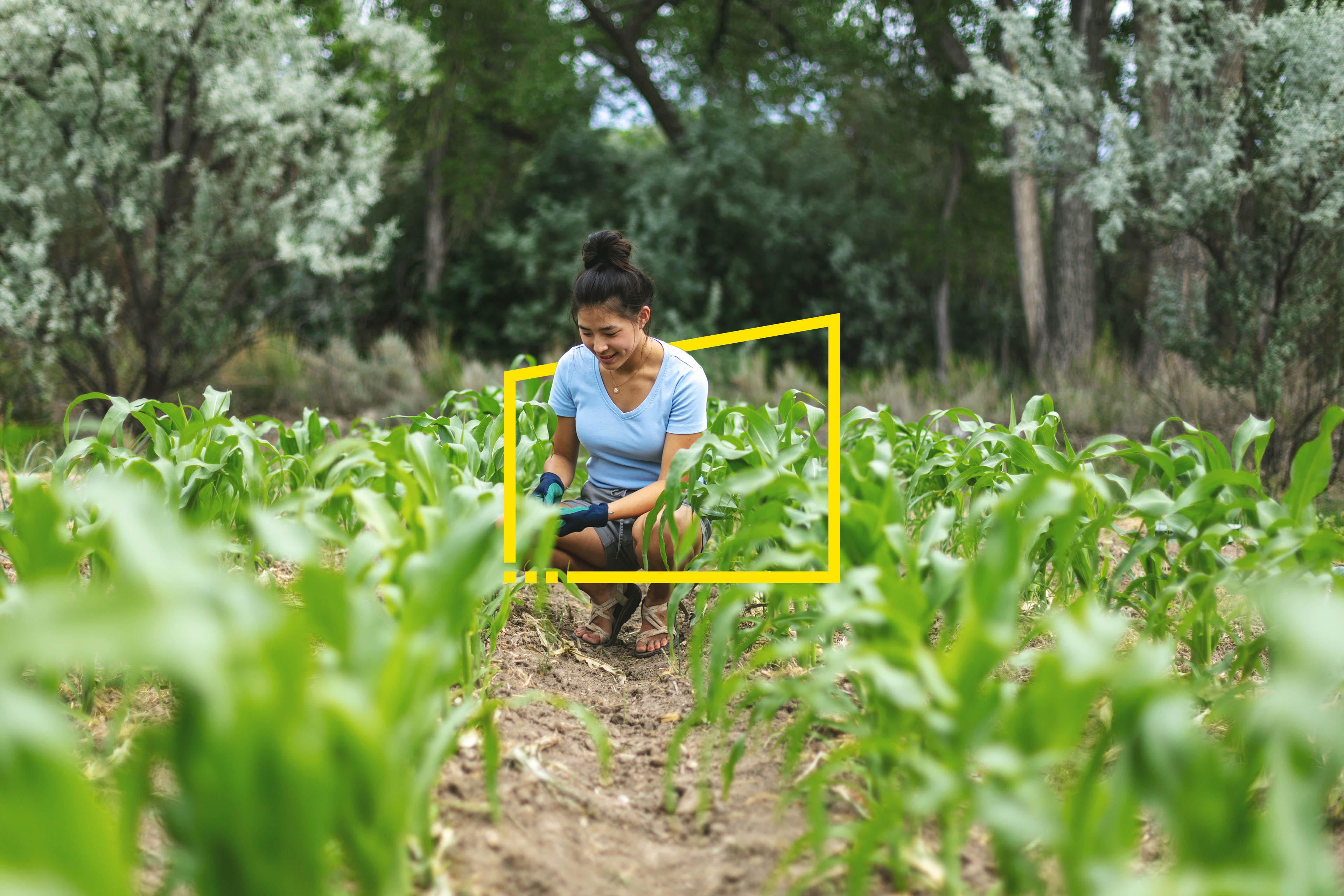EY refers to the global organization, and may refer to one or more, of the member firms of Ernst & Young Global Limited, each of which is a separate legal entity. Ernst & Young Global Limited, a UK company limited by guarantee, does not provide services to clients.
How EY can help
-
Through EY Ripples, EY people can help your early-stage impact enterprise improve resilience, productivity and capacity to scale sustainably. Learn more.
Read more
Since then, the EY Ripples program has focused its ecosystem efforts across three areas:
- Supporting the next-generation workforce – We help young people and underserved groups to build the mindsets and skills needed to succeed in an era of unprecedented change. Through the convening power of EY Ripples, new learning opportunities are designed to develop critical thinkers and creative problem-solvers, ready to collaborate on solving society’s toughest challenges.
- Working with impact entrepreneurs – The world needs business model innovation that prioritizes social justice, economic inclusion and environmental regeneration. This is where impact enterprises already live. EY people, clients and ecosystem alliance members work together to help these enterprises achieve true scale and significance.
- Accelerating environmental sustainability – The world needs urgent action to address the climate emergency. As a leading provider of climate change and sustainability services, the EY organization extends the value of its knowledge and experience to help accelerate adoption of new models, technologies and behaviors that protect and regenerate the environment.
Five years since launch, EY Ripples has already impacted 127 million lives and is on an exponential impact trajectory to reach our 2030 ambition. To be clear, EY has not achieved this alone. EY Ripples has evolved the art of hyper-collaboration and impact at scale, helping usher in a new era of corporate responsibility.









